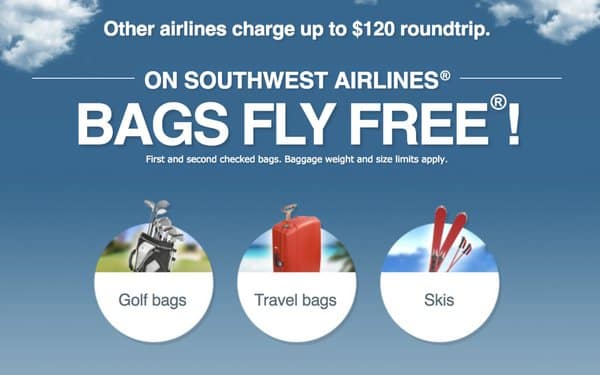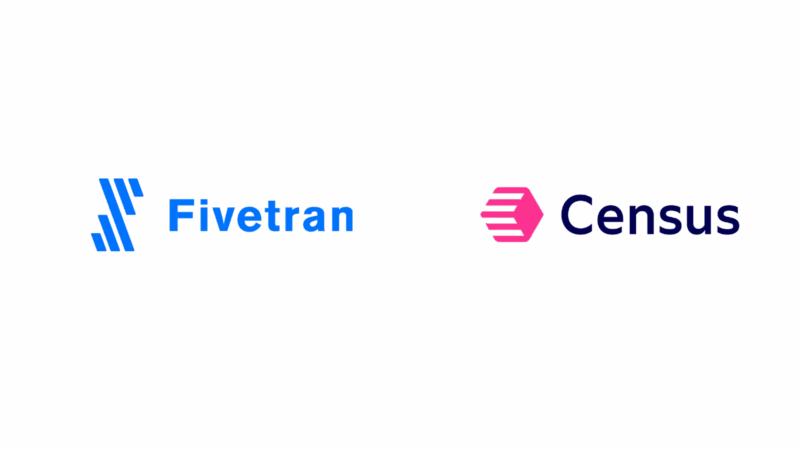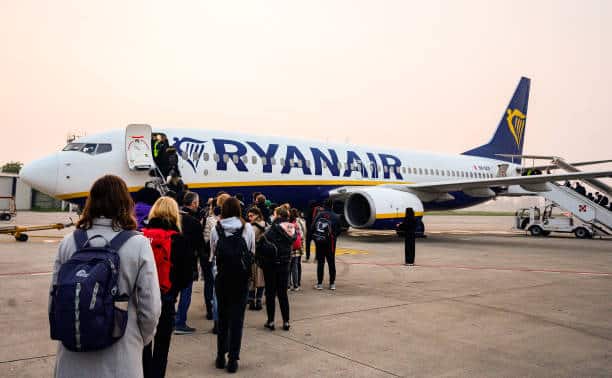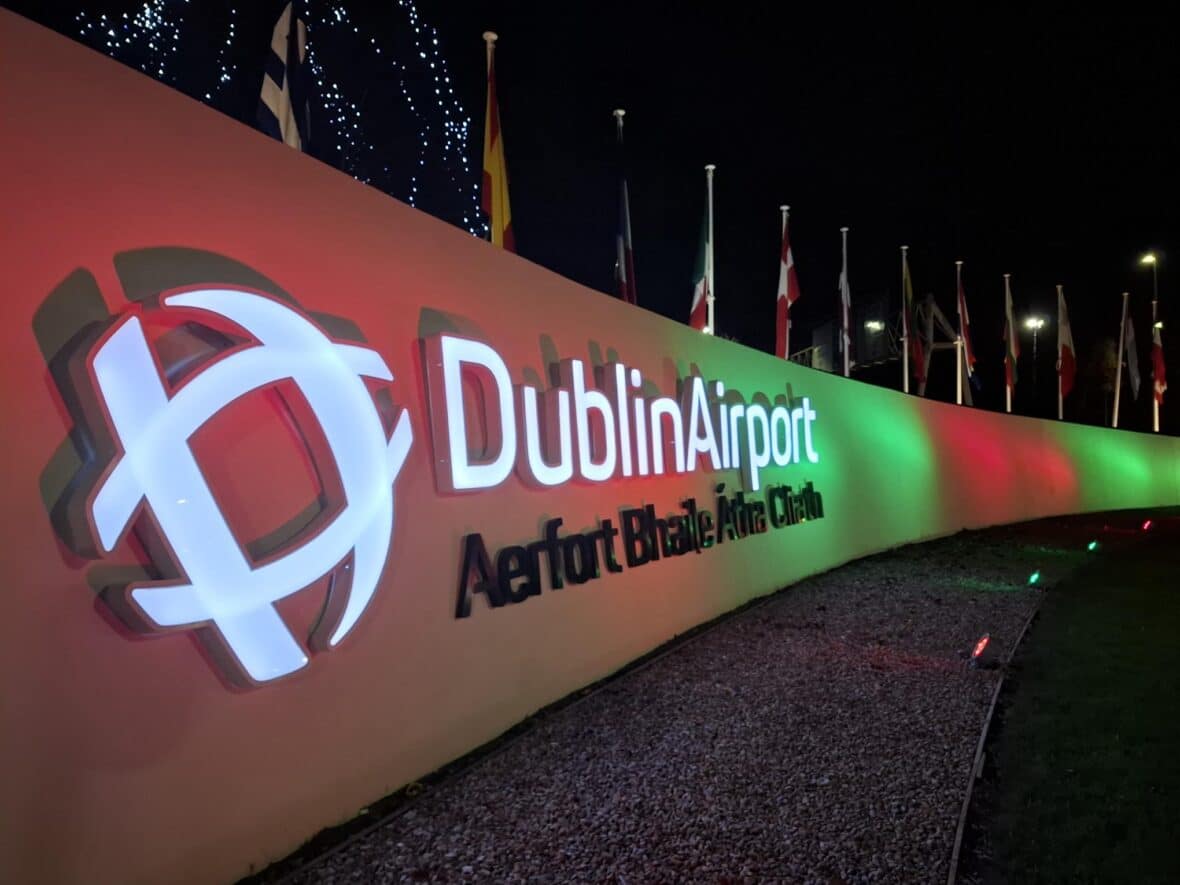Lower passenger yields weigh on PAL earnings

THE country's national flag carrier, Philippine Airlines Inc. (PAL), maintained its profitability in January-March with a net income of P3.97 billion, its 14th consecutive positive quarter since the pandemic.
The figure, however, was lower compared to the P5.13 billion profit booked in the same quarter in 2023 and was attributed to lower passenger yields and a shift in the peak Holy Week travel period to April from March last year.
The airline, a wholly owned subsidiary of Lucio Tan-led PAL Holdings, Inc., reported that revenues from January to March rose to P47.3 billion from P45.8 billion last year, thanks to higher cargo and ancillary revenues.
Despite a decline in passenger yield, it said passenger volumes increased to 4.06 million from 3.86 million, resulting in passenger revenues edging up to P40.53 billion from P40.35 billion previously.
Cargo revenues, meanwhile, grew to P2.04 billion from P1.92 billion due to higher cargo rates, particularly in the Americas, Canada, Singapore, and Davao.
Consolidated operating expenses increased by P3.22 billion, or 8.25 percent, to P42.3 billion during the quarter, compared to P39.07 billion in the same period last year. The increase reflected higher airport charges, third party contract costs, and depreciation, which offset lower fuel costs.
Jet fuel costs dropped to P13.55 billion from P14.38 billion, stemming from lower fuel prices and reduced volume due to fewer international flights.
PAL said the quarterly result "also included the recognition of credits issued to PAL by a vendor as special support compensation for grounded aircraft that occurred in 2023 and 2024."
Flying operations expenses for the quarter amounted to P21.86 billion, while lease charges surged to P63.5 billion due to a short-term lease agreement with WAMOS Air, which ended last Jan. 2025.
"We are greatly encouraged by the support of our valued customers who choose to fly on Philippine Airlines' global network, and for whom we are investing in progressive product and service improvements, fleet renewal efforts and digital innovations, with safety and reliability as our topmost concerns," PAL President and Chief Operating Officer Stanley Ng said.
What's Your Reaction?
 Like
0
Like
0
 Dislike
0
Dislike
0
 Love
0
Love
0
 Funny
0
Funny
0
 Angry
0
Angry
0
 Sad
0
Sad
0
 Wow
0
Wow
0








































